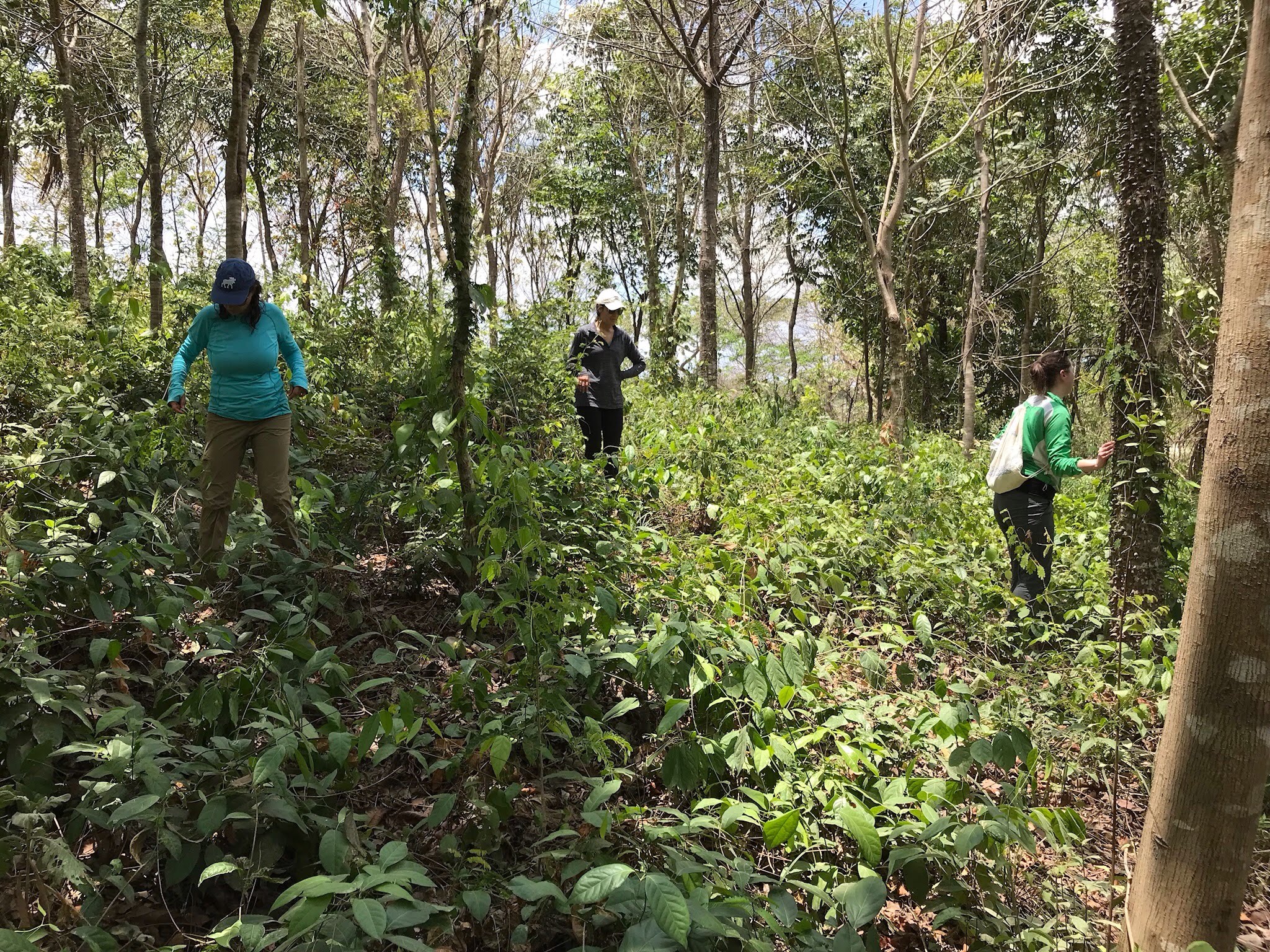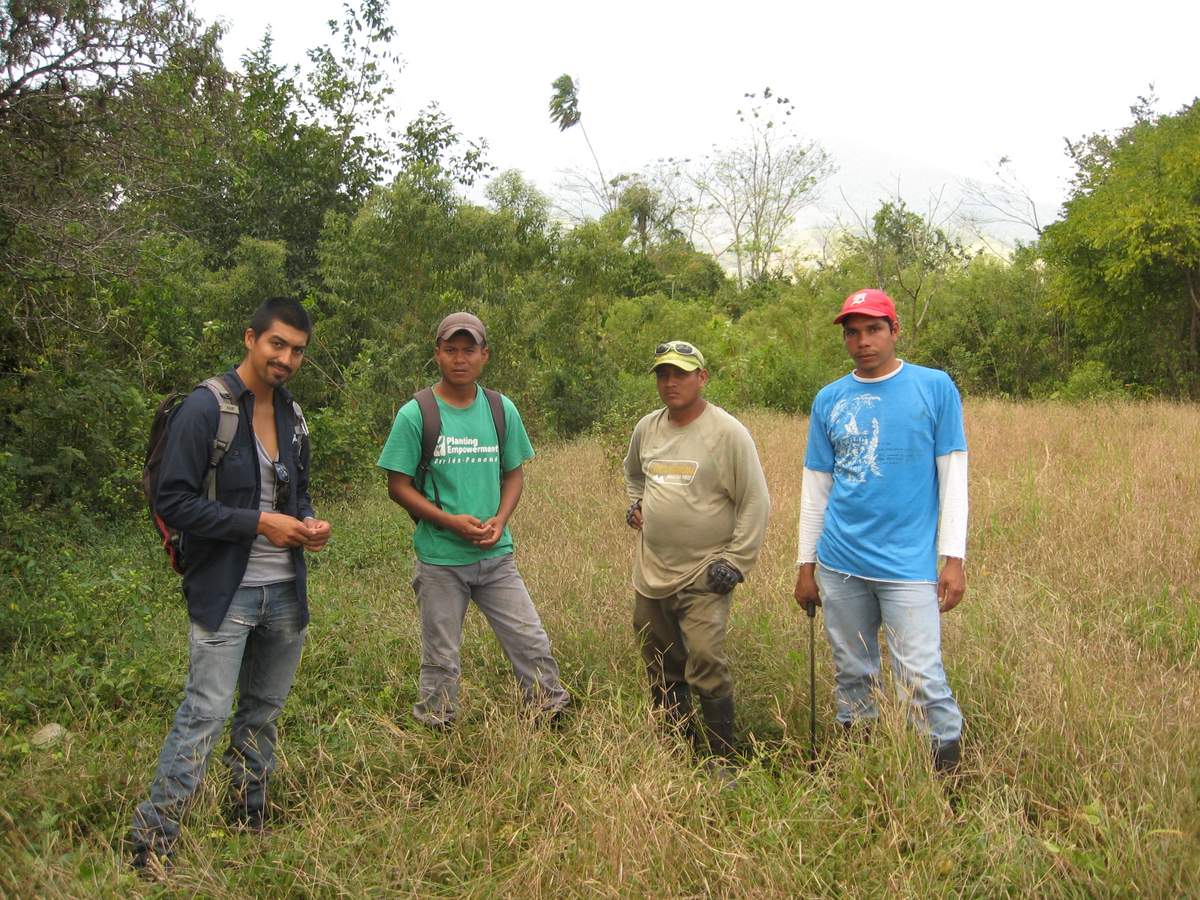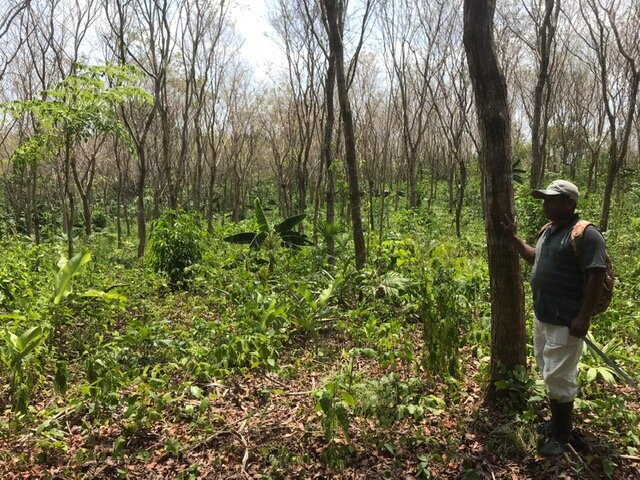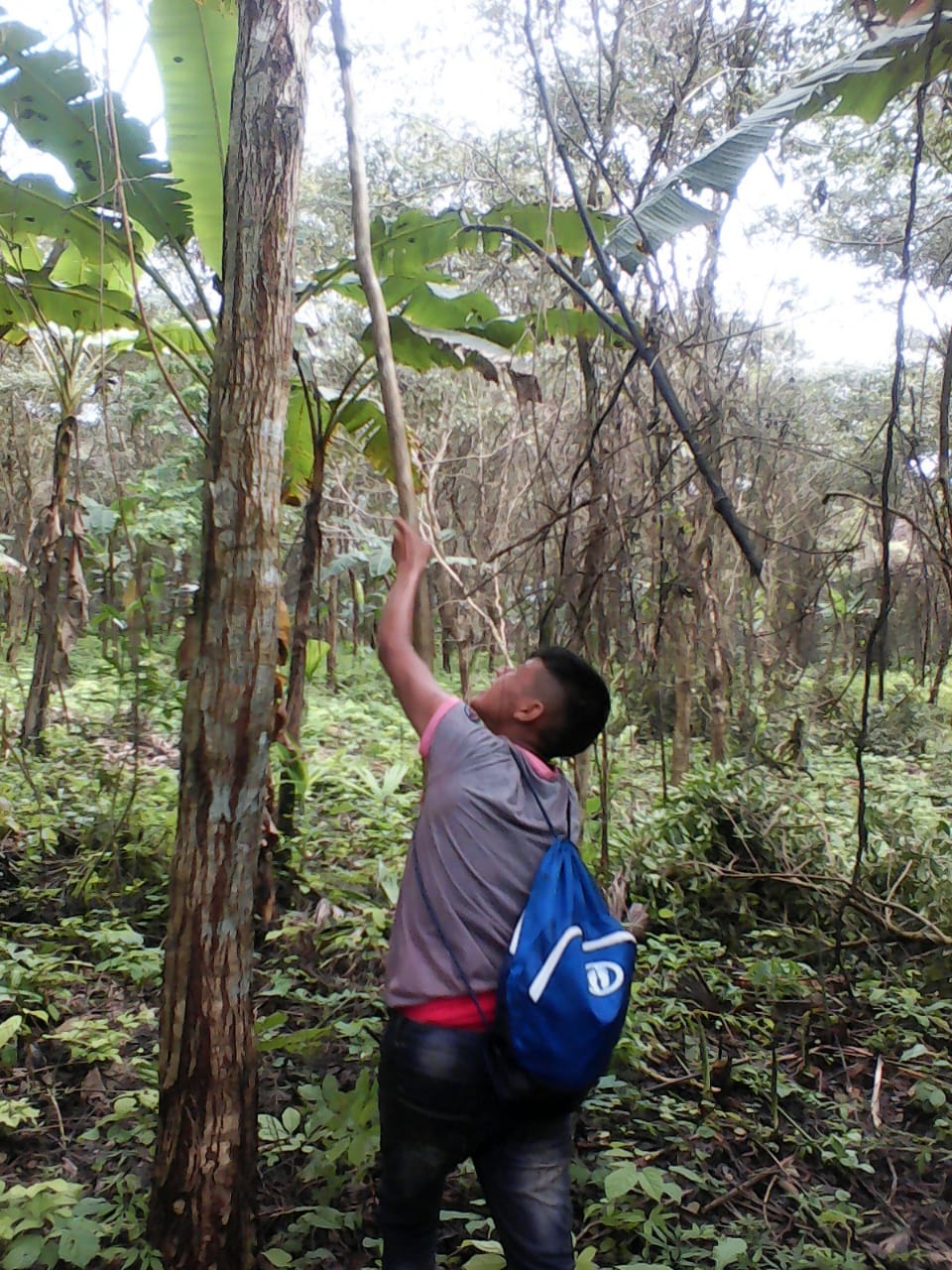April Site Visit with Friends and Update
/I was recently in Panama for a conference on Forests and Climate Change at the Smithsonian Tropical Research Institute (STRI), and took the opportunity to visit Planting Empowerment’s operations in Arimae and Nuevo Paraiso.
My flight path into Panama City took me from the NW corner in Bocas del Toro over the central provinces of Veraguas and Cocle before landing in Panama City. Below, smoldering patches of land dotted the deep green forests, reminding me that April still is the time in Panama when farmers burn their fields in preparation for rainy season planting. Kind of a depressing way to start the trip, but at least I was going to visit Planting Empowerment’s plantations where trees are growing on land that was once also charred and bare.
Colleagues from the Environmental Defense Fund, Conservation International, and the World Wildlife Fund all joined me on the trip. They work on tropical forest conservation at a global level, so it was a treat for them to see an example of sustainable forestry in the field (not just read about it from a case study).
The road out to the Darien was probably in the best shape I’ve seen it in years with only a couple sections suffering from potholes, and those were even quite small compared to previous years.
Mateo (far left) with Planting Empowerment employees in Nuevo Paraiso.
I had one important errand to execute while visiting our partner community Arimae. Sadly, one of our former field managers Mateo Johnson passed away unexpectedly in February. In his memory, we decided to make a $500 contribution to the community, and I consulted with Arimae’s chiefs on how to put the contribution to best use. The chiefs consulted the community and we all agreed on supporting some of their recent legal costs incurred for evicting some squatters from their territory. Mateo was always passionate about supporting Arimae’s efforts to secure their land title, so we felt this was a good way to memorialize him.
My colleagues and I didn’t have much time, so started early in the morning visiting the tree plantations in Arimae. Long time collaborator and Arimae resident Yem Dogirama guided us with his trusty machete and answered all of our questions. The plantations there had been recently “cleaned”--undergrowth vegetation cleared by hand with machete--in preparation for a needed pruning happening this month. The low undergrowth made it slightly easier for us to navigate through the plantations, and allows for easier pruning. Pruning of the trees happens at the end of the dry season right before the rains hit and the trees turn on their growth engines.
Howler monkeys playing in the trees
We were able to pass through three different plantations in Arimae (planted in 2007, 2008, and 2012) to see the differences in age and also the numerous native species mix used in our model. On our way out to the Darien, we saw the monoculture Teak plantations that are almost as common as cattle pasture now. The visitors were impressed with the visual difference of biodiversity between our plantations and the monoculture Teak ones.
After Arimae, we moved quickly to Nuevo Paraiso to visit the remaining two plantation sites. Despite one of my colleagues puncturing her hand on Spiny Cedar tree, we made it through the two sites and even saw a troupe of Howler monkeys resting in the branches of one of our Amarillo trees (terminalia amazonia). A real treat to seem them up close.
Overall, the plantations and the communities seem to be doing well.
If you are ever in Panama and interested in seeing our operations, please do let us know as setting up a tour is not that difficult. Thanks to the improved road, the plantations are only a 3-hour drive from the airport/Panama City. Seeing the trees really is inspirational and photos do not do them justice. We hope to host you soon!
The Forests and Climate Change conference was great, and I was able to catch up with Dr. Jefferson Hall, one of STRI’s tropical forestry researchers and author of a great book on reforestation in the tropics. During the conference there was much discussion about the need for reforestation and its importance, not only for climate change mitigation, but also the essential services forests provide like watershed protection and livelihoods for local communities.
An evening reception held at Panama’s premier Ecolodge the Canopy Tower--owned by one of Planting Empowerment’s investors--provided us with great birding and views of ships passing through the Panama Canal from the literal tree tops.






